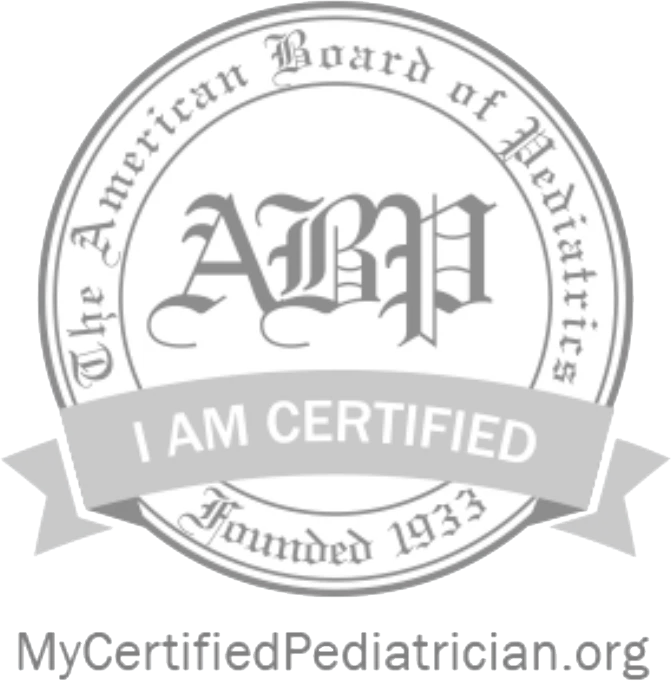Every child goes through irregular stooling patterns at some point in his or her life. “Regular” or “normal” bowel patterns can vary from child to child, but here are some general guidelines.
- Normal Stooling
- Children can stool anywhere from 1 to 2 times each day to once every 2 to 3 days. As long as the stools are soft and can be passed without discomfort or pain, this can be normal.
- Constipation
- Constipation is defined more so by hard stools that are hard or painful to pass. A child may stool several times a day, but if all of those stools are hard and dry and cause the child a lot of pain or discomfort, these would be classified as constipated stools.
- Constipation can result from various things. A child’s diet, including not enough fluid or fiber or too much dairy, can lead to constipation. Illnesses, changes in a child’s routine (traveling), or medications can cause constipation. A child’s behavior can also result in constipation. When a child is potty training, fear of stooling can cause them to hold their stools. A potty trained child can learn to hold his or her stools because playing takes priority over a potty break. A school aged child may also hold stools because they do not want to use the restroom at school or in public places.
- If left unchecked, constipation can lead to abdominal pain, cramping, nausea, loss of appetite, and rectal bleeding
- Diarrhea
- Diarrhea is characterized by frequent, profuse watery stools. Abdominal pain, and sometimes fever, can accompany diarrhea.
- Viruses are the most common cause of diarrhea in children. Bacteria and parasites can also cause diarrhea. Diarrhea caused by infections are usually short-term and last anywhere from 2 to 7 days. Other short-term causes of diarrhea include food intolerances and medications (antibiotics are notorious for causing diarrhea as a side effect). Long-term causes of diarrhea are usually due to intestinal disease such as ulcerative colitis, Crohn’s disease, or celiac disease.
- Treatment of diarrhea is usually aimed at avoiding dehydration. Make sure your child drinks lots of electrolyte solutions - these have the right proportions of water, sugars, and salts. Avoid juice, soda, and dairy as these can make diarrhea worse. Never give water to a baby less than 6 months of age, and avoid giving too much plain water to children of any age who are at risk of dehydration. When in doubt, offer an electrolyte drink.
If your child is experiencing abnormal stooling patterns that are not responsive to at-home remedies, or if there are other associated symptoms that you are concerned about, please give us a call to schedule your child’s appointment.
SYMPTOM CHECKER
If your child is feeling unwell, you can use our symptom checker to gain a better understanding of what could potentially be happening. Our symptom checker provides you access to over 100 symptoms to ensure you know when to bring your child to the office to be seen by a physician. If you have any questions regarding the symptom checker or your child’s health, don’t hesitate to contact our offices to schedule an appointment.
GET IN TOUCH
OFFICE ADDRESS
HOURS OF OPERATION
By Appointment Only
TELEPHONE + FAX
EMAIL (please do not use for medical questions)

A leading professional pediatric company.
Serving The Woodlands, TX, Houston and beyond.
Alchemy digital marketing services - learn more
SITE NAVIGATION
THE LEGAL BITS
WELL CHILD CARE
SICK CHILD CARE
OTHER MEDICAL SERVICES
WORKING HOURS
Monday to Friday
8:30am - 5:00pm
Saturday
Closed
Sunday
Closed
SERVICE AREAS
Woodlands TX 77385, and surrounding areas including
Woodlands: 77380, 77381, 77382, 77384, 77385, 77354, 77375, 77389
Spring: 77396, 77373, 77379, 77386, 77387, 77388, 77391, 77393
Conroe: 77301, 77302, 77303, 77304, 77305, 77316, 77318, 77356, 77384, 77385
Magnolia: 77354, 77355
Tomball: 77375, 77377
Humble: 77338, 77347, 77396








